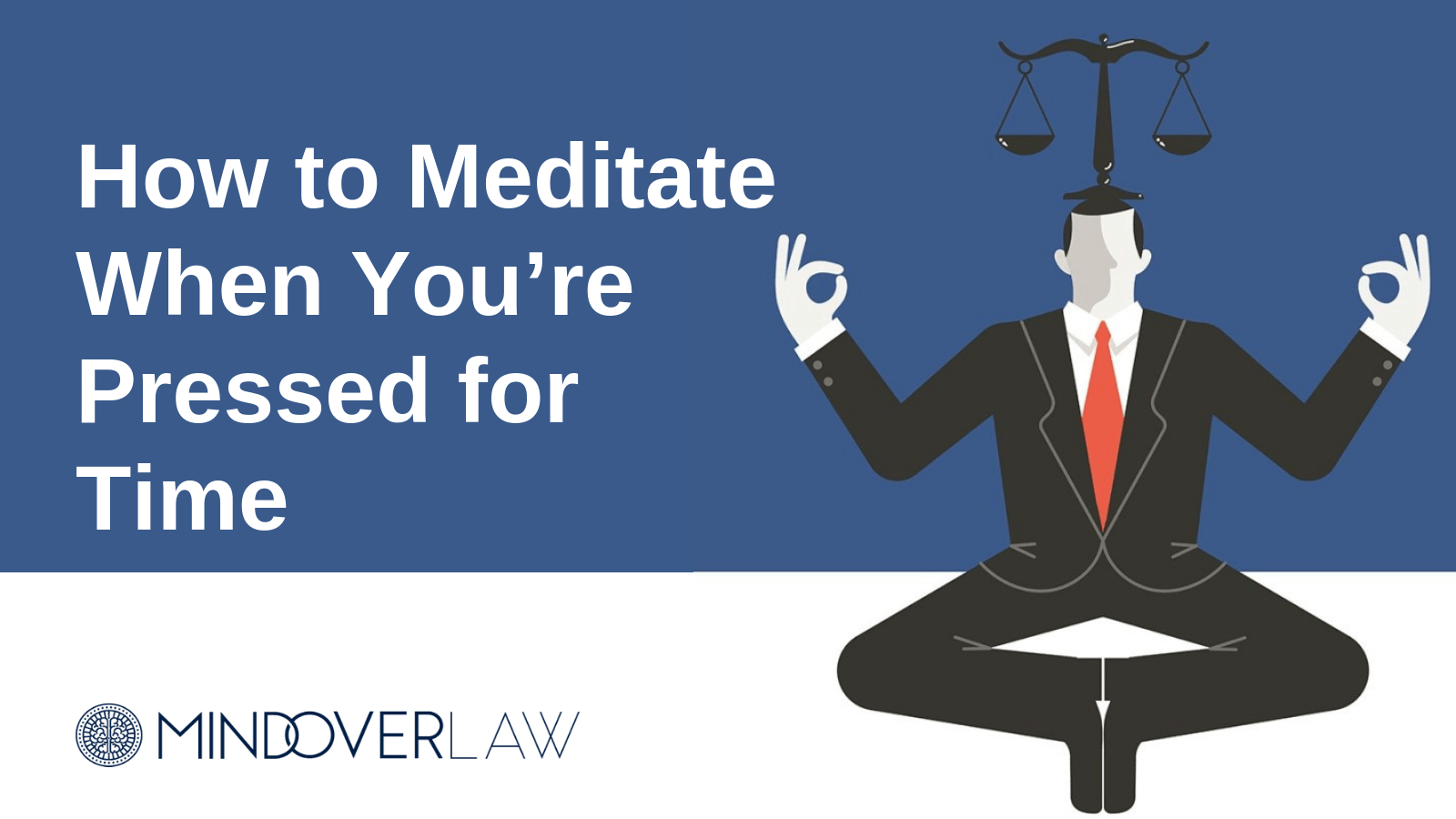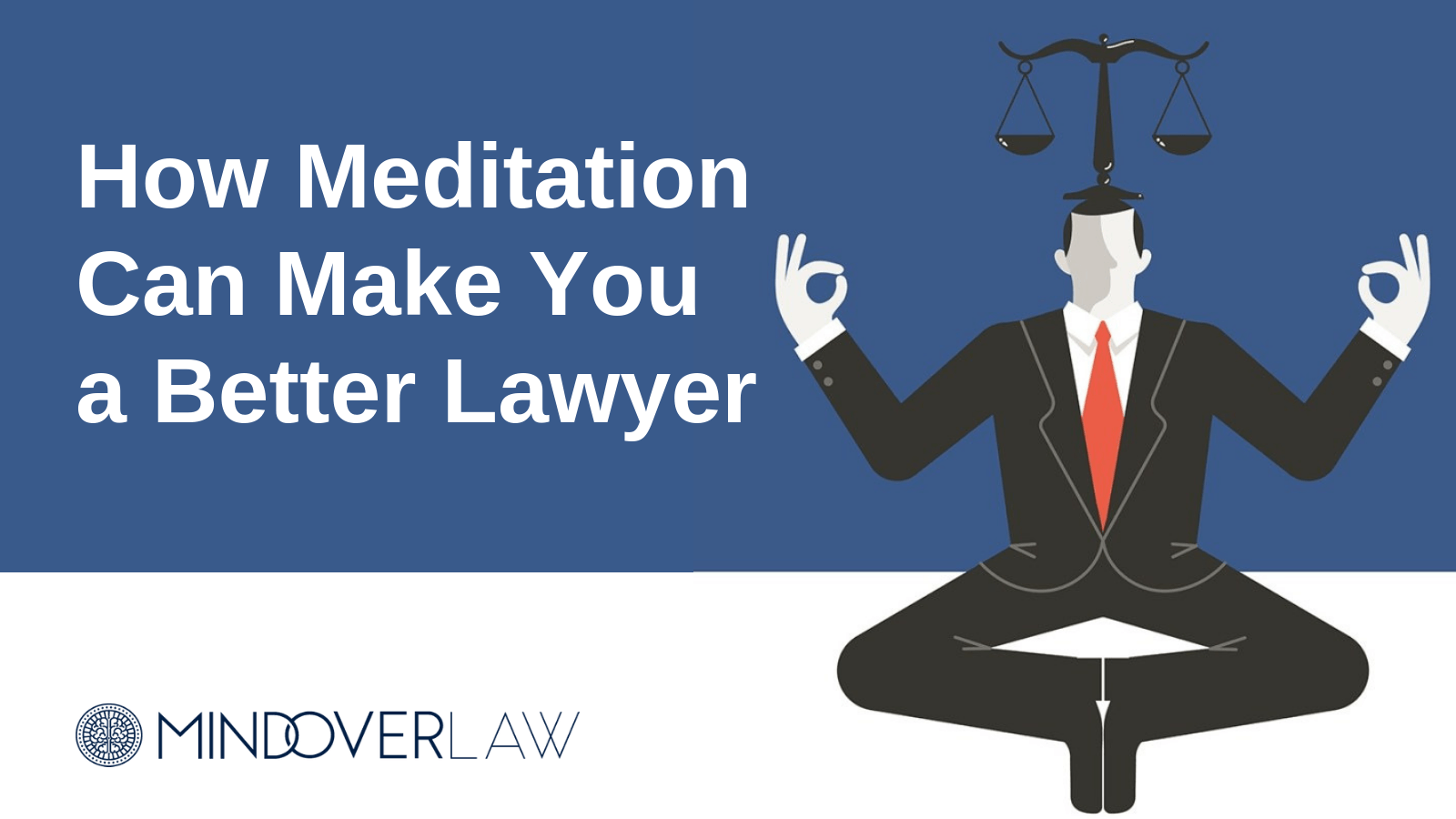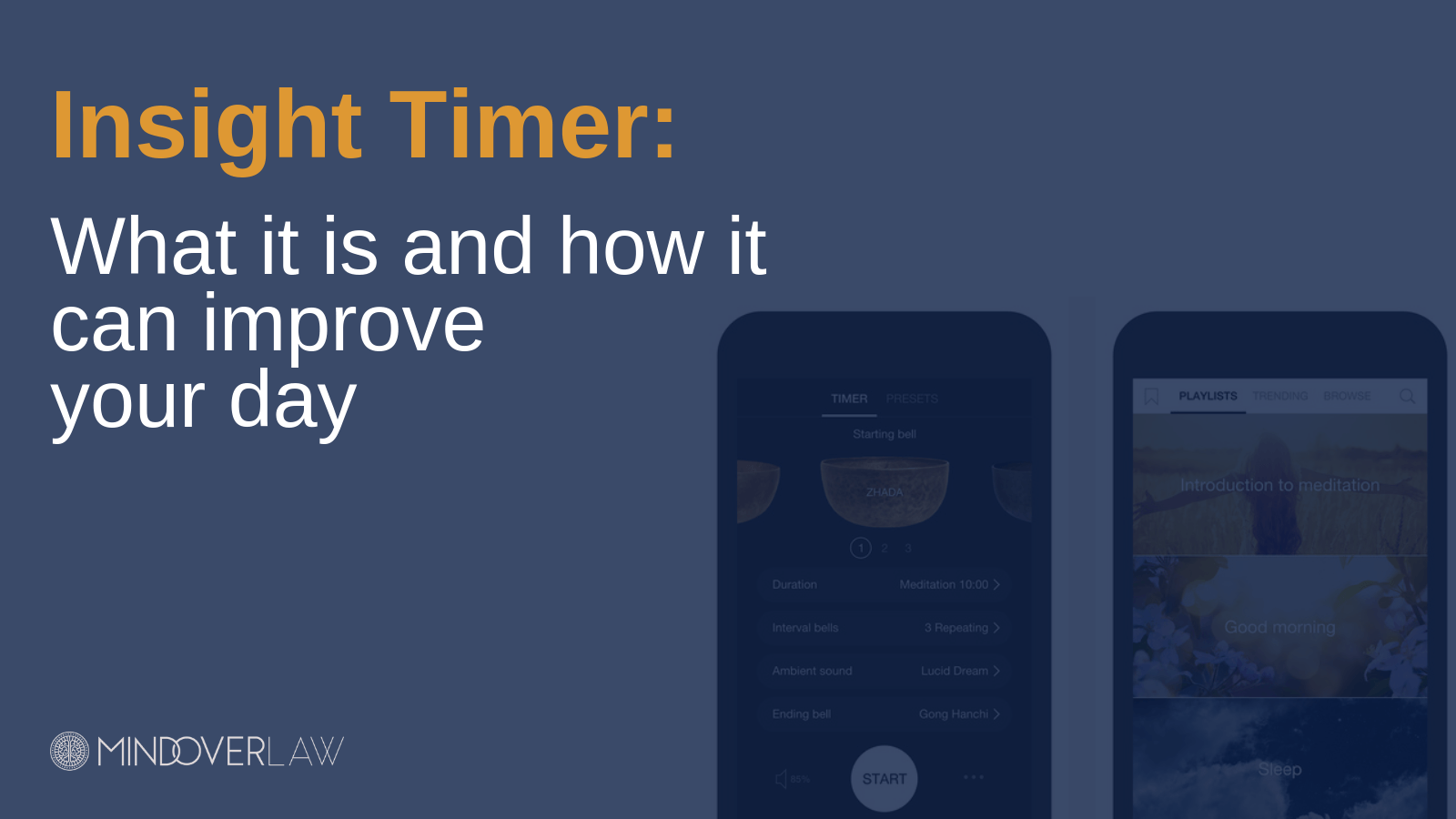Many successful people know that the way they start their day sets the tone for productivity, their mood, and accomplishing their short-term objectives. Meditation has scientifically-proven benefits for increasing cognition, improved mood, and decreased levels of stress, pain, and anxiety.
Meditation trains our brains to focus on the present moment. It helps our tap into our body’s rhythm and vital signals like breathing and heartbeat. While one can meditate at any time, there are major benefits to incorporating meditation into your daily morning routine.
Meditation, Simplified
The concept of meditation evokes different meanings to each of us. For some, you might think about your Yoga teacher. Others might think of a religious loved one who uses meditation as a tool to achieve inner peace. But when you break down the concept of meditation in simple terms, it’s really no different than stretching your legs before a run or drinking a cup of coffee before you take a shower. It’s an exercise and tool to help you feel and act your best.
A simple ten-minute meditation routine each morning could greatly improve your mood and ability to conquer your day’s objectives as productively as possible. Morning meditation can also make handling unexpected problems like a family emergency or work-related surprise with control of your emotions.
Tips for Incorporating Meditation in Your Morning Routine
The most important step in incorporating meditation into your morning routine is carving out time. Evaluate your habits in the morning. Are you scrolling through social media apps from bed before you get moving? Perhaps you hit the snooze button on your alarm three or four times before you bolt for the coffee maker.
Anything you can eliminate that sucks up time, isn’t productive, or beneficial can provide the time you need to meditate. Find at least ten to twenty minutes in your morning routine that can be put toward a simple meditative practice.
When you can’t find time for morning meditation by exchanging current tasks, consider waking up a little earlier—provided that you make a commitment to going to sleep sooner at nighttime.
If you’re worried about feeling awake enough to meditate, consider meditating after a quick walk or begin your day with simple Yoga-like movements and poses to increase blood flow and your level of alertness.
Finding a Meditation Routine that Works for You
For those new to meditation and mindfulness novices, there are abundant resources that can help you develop a beneficial mediation practice. Simply type in “guided morning meditation” into the search bar on YouTube, and you’ll be presented with hundreds of results. These videos can help you stay on task when meditating and they’re a free resource.
There are also apps for promoting mindfulness and improving your meditation practice. You can download them to your tablet or mobile phone. A popular app, Insight Timer, is dedicated to helping people meditate and even fall asleep with guided audio-based media. To find meditations created specifically for lawyers, download Insight Timer for free and search Lexlee Overton to find!
Tips for Morning Meditation
Beyond making time for meditation, consistency is one of the most important aspects of meditating effectively. Consistent, daily meditation will yield incredible benefits over time.
Here’s more tips to consider:
- Remember that meditation takes practice. As you train your mind to focus, you’ll be reaping more noticeable benefits.
- Some Days you will meditate better than others. Don’t beat yourself up on the days that you don’t feel you meditated at your best. You can always try again tomorrow.
- Eliminate distractions for optimal mindfulness. Put your cell phone on silent and turn off electronics like radios and televisions.
- Consider incorporating aromatherapy like essential oils, scented candles, or incense to help establish a meditation-friendly ambiance.
- Experiment with ambient noise. Some people enjoy meditating with soft instrumental music and ambient sounds like rain or ocean waves.
MindOverLaw provides coaching for attorneys throughout the United States. We have abundant resources on our website, blog, and Facebook community to help lawyers thrive professionally and personally.



